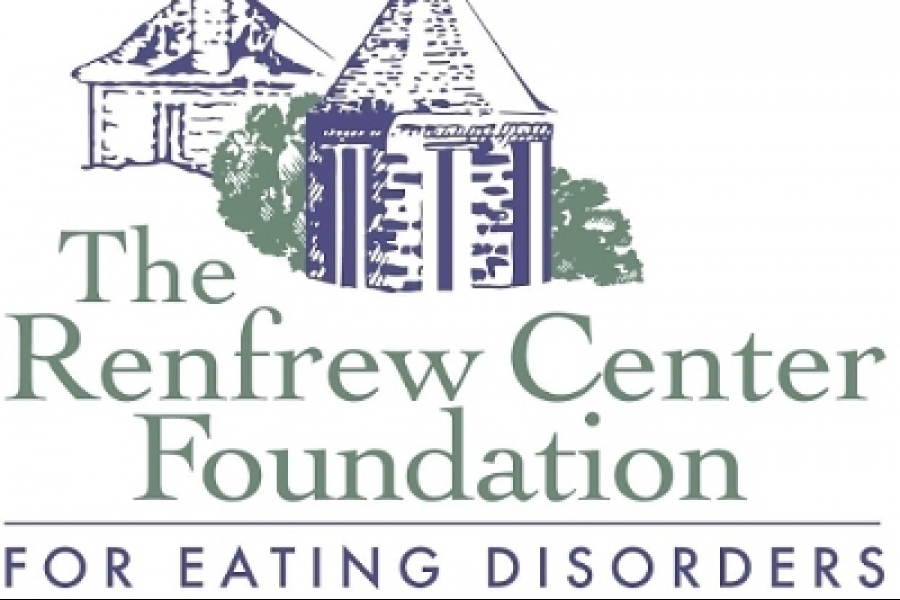While every patient with an eating disorder is different, LGBT people may have added stresses related to coming out, anti-LGBT violence and bullying. More than 500 people will explore these issues and many others Nov. 10-12 at the 27th-annual Renfrew Center Foundation Conference for Professionals.
Last year’s eating-disorder conference focused on diverse populations, with LGBT issues among the focuses. Judi Goldstein, vice president of The Renfrew Center Foundation, said these topics were “very well-received” and “addressed the need for more attention to this issue.”
“We decided this year to continue that conversation and explore topics like the need for more research on eating disorders among LGBT communities,” Goldstein said. “We know that the population of LGBT people who are struggling and who are coming out with their struggles is increasing and we need to be responsive to that.”
Goldstein noted the specific needs of LGBT populations and the areas therapists need in education.
“We should have inclusive language,” Goldstein said. “We have to be able to ask questions, which will elicit responses from people in the LGBT community. We need clarity about the difference between biological sex, sexual orientation, gender identification and gender pronouns. Therapists need to understand that because proper assessment makes treatment possible and we have some workshops on the program, which are going to address that.”
Workshop topics include “Living in This Queer Body: Treating Gender-Nonconforming Patients” and “Beyond the Acronym: Understanding LGBTQIA+ Needs in Clinical Practice.” Goldstein said these topics will raise awareness of eating disorders in LGBT populations and address language to use while conversing with community members.
Goldstein also noted that eating disorders may be “hidden” within the LGBT community. She said those who are not out to family and friends may feel “internalized shame” and are less likely to be vocal about their eating disorders.
“We know that if we put out there that we are open, receptive and we’re a safe environment, people will come forward with their issues of shame and their issues of isolation,” Goldstein said.
Transgender issues will also be brought to the forefront in the keynote presentation, “Research Gaps & Promising Practices: A Feminist, Social Justice Inquiry.” Dr. Beth Hartman McGilley will moderate a panel of four experts who will speak on their experiences and expertise. One of the panelists is Melissa-Irene Jackson, a transgender woman with 10 years of experience in body image, eating disorders and LGBT advocacy.
“She will be speaking about her own experiences, opening up the conversation about her own challenges and the need for more research to teach us about the transgender population, which is mostly overlooked but increasingly more on the forefront,” Goldstein said.
Overall, Goldstein hopes attendees will “come away from the conference understanding that eating disorders do not discriminate based on age, sex, sexual orientation and race.”
“The treatment of eating disorders among LGBT people requires a greater understanding of the particular challenges [they face]. We are committed to ensuring that professionals are trained to make people feel safe coming into treatment [and] be sensitive to their issues. It’s an ongoing process that we will continue as an organization.”
The 27th-annual Renfrew Center Foundation Conference for Professionals will take place Nov. 10-12 at the Philadelphia Airport Marriott, One Arrivals Road, Terminal B. Visit www.renfrewconference.com/2017/ for more information and to register.

